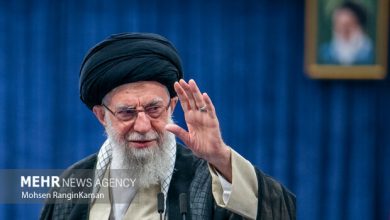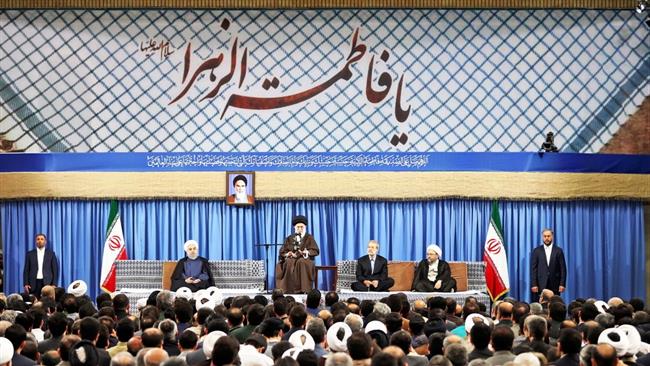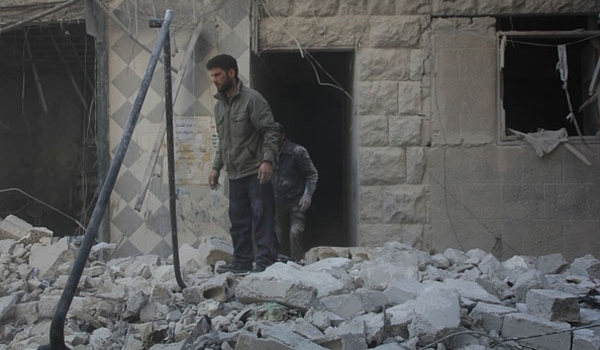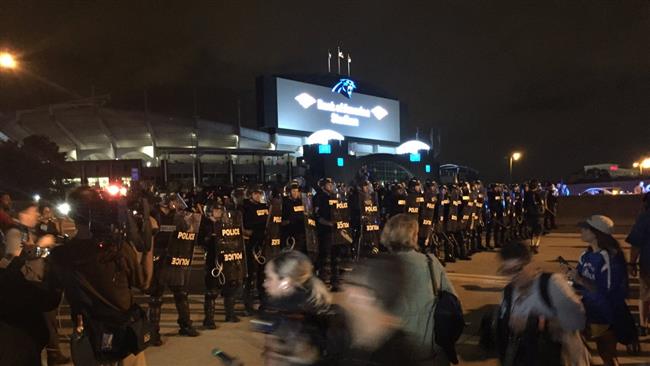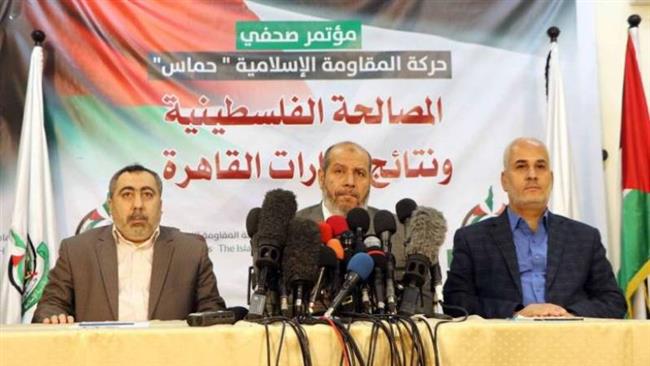UN rights chief blames South Sudan army for ‘killings, rapes’
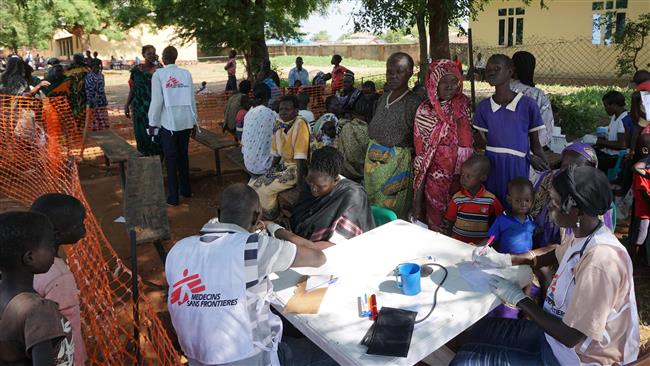
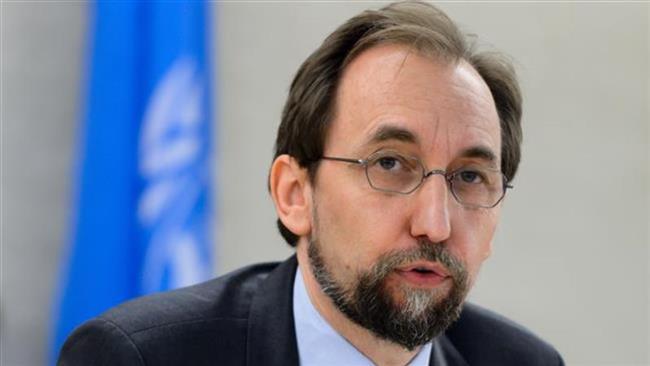
The United Nations human rights chief says South Sudanese government troops have committed human rights violations, including ethnically-targeted killings and rapes, during renewed clashes in Juba and elsewhere.
UN High Commissioner for Human Rights Zeid Ra’ad al-Hussein said in a statement on Thursday that while crossfire during the worst of the fighting had killed people in the streets of the capital, Juba, some were targeted.
Hussein stressed those troops loyal to President Salva Kiir, who is from the Dinka ethnic group, specifically targeted people of Nuer origin.
“Others were reportedly summarily executed by government soldiers, who appear to have specifically targeted people of Nuer origin,” said the statement released by his office.
According to the statement, Kiir’s forces took away Nuer civilians during a house-to-house search operation and shot eight of them on July 11. It also blamed the government forces for killing a Nuer journalist.
Nearly 300 people have died since July 8, when fighting erupted again between soldiers loyal to the president and his rival and Vice President Riek Machar, raising fears of a return to a full-blown conflict after a two-year lull.
Elsewhere in the statement, Zeid said the epidemic of sexual violence gripping the country over the past years also had an ethnic dimension.
The 217 cases of sexual violence in Juba recorded by the UN between July 8 and 25 show that “those most affected were displaced Nuer women and girls and those responsible seem to have been mostly SPLA,” an acronym for government troops.
Hussein called on the South Sudanese president to prosecute the perpetrators of such crimes in the country

Medics from aid agency Doctors Without Borders treat patients at a makeshift clinic in the South Sudanese capital, Juba, on July 15, 2016. ©AFP
The commissioner said that although the government has established a court aimed at trying soldiers who commit right abuses, “the violations continue unabated.”
The commissioner also urged “strong action in those instances where UN military personnel defaulted over their duty to protect civilians.”
The world body has a 13,500-strong force in the country, but the UN Mission in South Sudan (UNMISS) has faced criticism for failing to fully protect civilians during the fighting.
South Sudan initially plunged into violence in 2013, when fighting erupted between troops loyal to Kiir and defectors led by Machar, his former deputy, around Juba.
The conflict soon turned into an all-out war between the army and the defectors, with the violence taking on an ethnic dimension that pitted the president’s Dinka tribe against Machar’s Nuer ethnic group.
Thousands of people have been killed and more than three million forced to flee their homes in the war that started in December that year, when Kiir sacked Machar only two years after the country seceded from Sudan.
Last month, Kiir has recently replaced Machar with a former peace negotiator, General Taban Deng Gai after the rebel leader left Juba in the wake of fresh fighting last month.
Machar had been sworn in as first vice president in April, eight months after a peace agreement was signed between the government and rebels loyal to him.
Despite the August 2015 peace deal, battles persist across the country.
